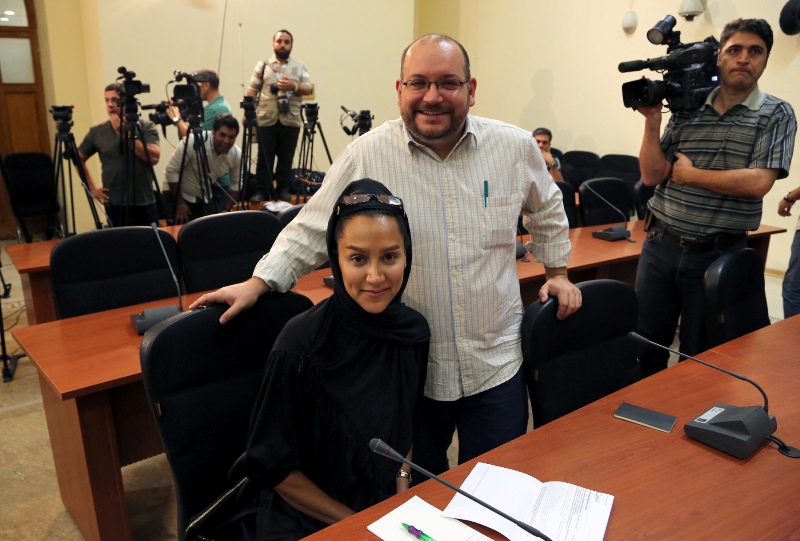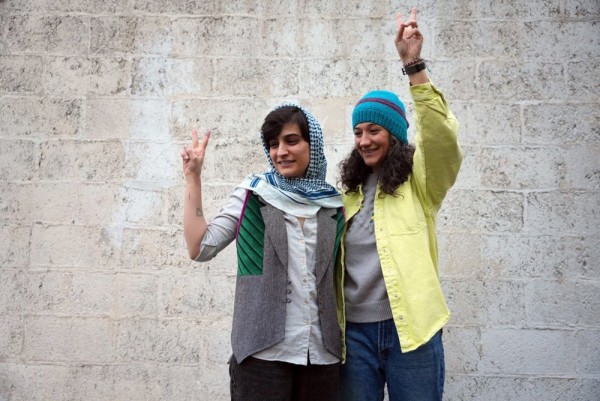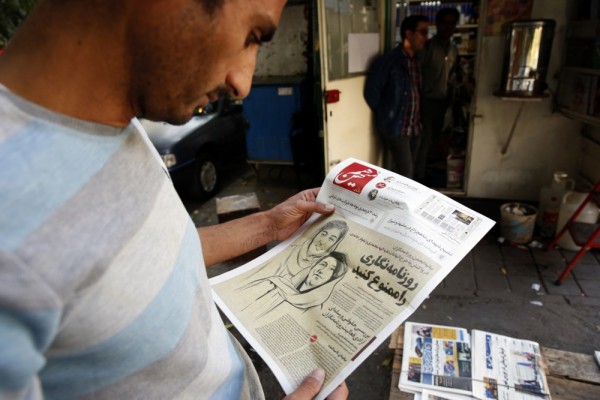As Iran’s trial of Washington Post correspondent Jason Rezaian on espionage charges resumed this week behind closed doors in Tehran, the International Press Institute (IPI) condemned the journalist’s ongoing imprisonment and the lack of transparency in the case, and called for his immediate release.
The Iranian-American journalist is being held on charges of spying and collaborating with hostile governments, gathering classified information and disseminating propaganda against the Islamic Republic. International observers have criticised the charges as being politically motivated. The U.S. government, The Post and Rezaian’s family have rejected the allegations as absurd.
It was announced this week that an Iranian court will hold a third hearing for Rezaian, but no indication of a specific court date was given. Rezaian has been in custody since July 2014 and could face up to 20 years in prison if convicted. He has worked as The Post’s correspondent in Tehran since 2012.
His wife – Yeganeh Salehi, a reporter for United Arab Emirates-based daily The National – and his mother were present at the courthouse on Monday, but were denied access to the courtroom and were only allowed in a waiting hall.
Rezaian was arrested in July 2014 at his home along with his wife and two photojournalists. While the photojournalists were released shortly after arrest and his wife released on bail in October, Rezaian has remained in prison for more than 300 days.
IPI Executive Board Member Marty Steffens, a Society of American Business Editors and Writers (SABEW) endowed chair at the University of Missouri and the head of IPI’s North American Committee, joined calls criticising the legitimacy of the ongoing trial and she urged the Iranian government to drop all charges against the journalist immediately.
“There seems to be no basis for Jason Rezaian’s detention, and the secrecy of his trial raises questions as to the legitimacy of the charges,” she said. “Press freedom groups like IPI cannot rest until all journalists are free from imprisonment. Journalism is not a crime.”
His mother told the Associated Press that she does not know how the trial is going or how many more proceedings will take place. The agency reported that she suggested that current events played a role in his detention and that the case was a response against her son for simply “reporting on a country that he loves”.
An initial proceeding in Rezaian’s trial took place on May 26 behind closed doors in Branch 15 of the Tehran Revolutionary Court. His family was not allowed to attend and was initially given no word of when the trial would resume. The case has drawn international attention, and more than 400,000 people have petitioned for Rezaian’s release.
Iran is one of the world’s leading jailers of journalists. The Committee to Protect Journalists (CPJ) reported in December 2014 that some 30 journalists were in prison in Iran. However, renowned Iranian journalist Mashallah Shamsolvaezin said in April of that year that as many as 48 journalists were behind bars in the country.
Shamsolvaezin made that claim in a speech delivered as he accepted IPI’s World Press Freedom Award at a ceremony in Cape Town during IPI’s 2014 World Congress. His remarks calling for Iran to release imprisoned journalists – a call he also delivered the following month during the Center for Defending Freedom of Journalists (CDFJ)’s Forum for Media Freedom Defenders in Amman – led Iran’s government to charge him with making “propaganda against the state”.



